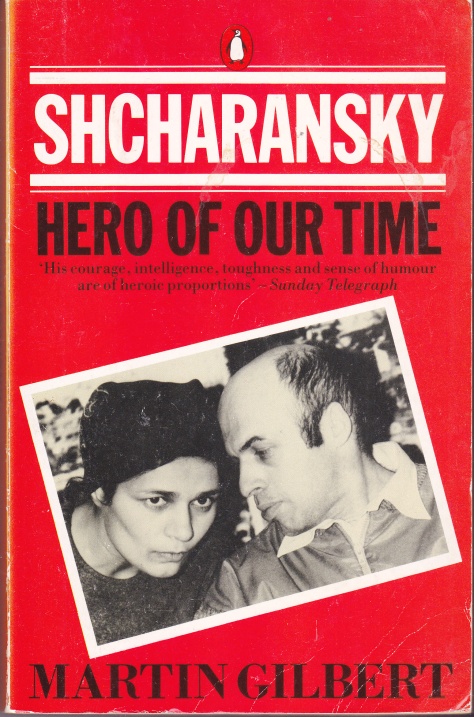‘Who would have thought’, asked Admiral Aleksandr Shishkov in his 1803 book Discussion of the Old and New Style of the Russian Language, ‘that, abandoning the firm foundation of our own language established over many centuries, we would begin to recreate it on the meagre basis of the French language? Who would have imagined that we would transfer our well-built house from fertile soil onto barren, swampy land?’
One of the founding fathers of modern Russian nationalism, Shishkov disliked the Russian aristocracy’s habit of using French expressions. Believing that Russia lacked a great literature of its own, he maintained that it would never manage to create one if all it did was imitate foreigners. It needed, he said, to draw on its own native roots. Complaining of the ‘slavish imitation of the French’, Shishkov wrote:
It is very good to follow the path of the great writers, but one must try with all one’s strength to express oneself in one’s own language … Without a knowledge of our own language, we will imitate them in the same manner as parrots imitate humans. … Every people has its own set of discourses and has accumulated its own ideas, and it should express them in its own words, not foreign ones.
Well, as they say, ‘Plus ça change, plus c’est la même chose’, though no doubt Shishkov would have hated that expression, and told me not to use it when I could just as well say in plain English, ‘The more things change, the more they stay the same.’ And so they do. In an interview with Komsomolskaia Pravda this week, Roman Doshchinskii, president of the executive committee of the Association of Teachers of Russian Language and Literature, proposed the creation of a sort of ‘language police’ to protect Russian from a rising tide of foreign words. ‘Not altogether a police, but a competent organ responsible for the norms of the Russian language in the Russian Federation’, he said, adding that he had in mind something similar to the institutions which enforce the use of the national language in France, Estonia, and Latvia.
Like Shishkov, Doshchinskii seems particularly perturbed by his compatriots’ habit of using foreign words, although nowadays the main source is English not French. Recognizing that Russian has borrowed foreign words for centuries, Doshchinskii claims that he doesn’t want to get rid of all of them, merely what he calls ‘barbarisms’: words like ‘Okei, super, respekt, sel’fi’. ‘Super’, he says, could perfectly well be replaced by Russian words like ‘zamechatel’no, prekrasno, udivitel’no’. To deal with cases where obvious replacements don’t exist (for instance, in the realm of technology), Doshchinskii thinks that the Russians should have an official committee, like the one in France, which thinks up native equivalents of English words and expressions.
Not everybody likes this proposal. Vladimir Pakhomov, editor of the Russian grammar website, ‘Gramota.ru’, complains that, ‘In general, I am surprised, pained, disturbed even, that whenever we talk about language, or some actions are proposed to do with language, they somehow always have a punitive character – linguistic police, some sort of prohibitions, fines, restrictions, etc. For some reason nobody proposes better education. In other words, don’t forbid or restrict, but educate’.
Shishkov fought a long battle against proponents of the ‘new style’, most notably the historian Nikolai Karamzin. In the end, he lost, and the influx of foreign words continued. The nineteenth century version of globalization proved a more powerful cultural force than Russian nationalism. I suspect that the same is true today. I leave it to Russians to decide whether Doshchinskii or Pakhomov’s approach is better, but I doubt that either would change much.





